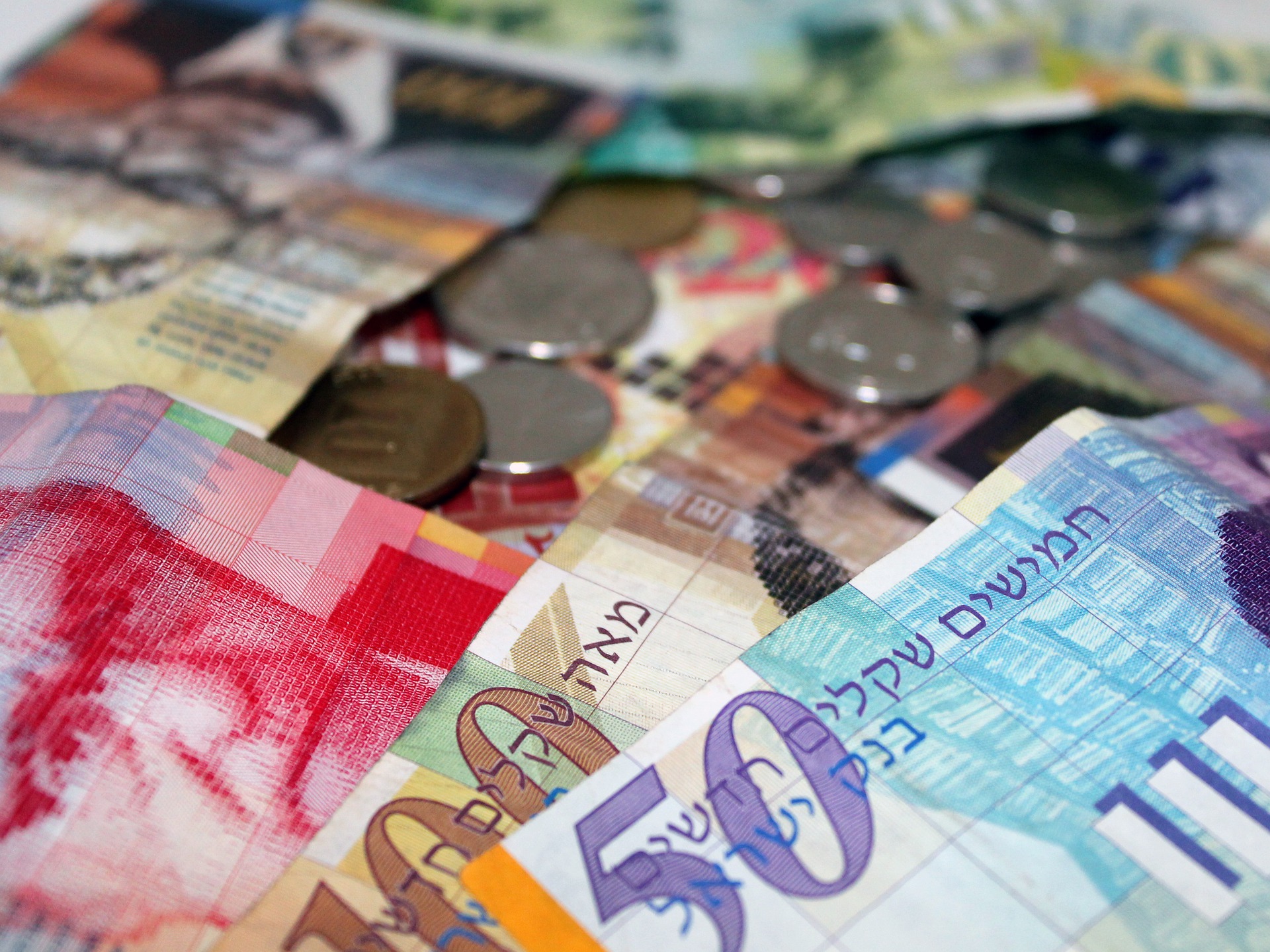The Bank of Israel (BOI) raised the interest rate for the fifth consecutive time, to 2.75%, as many had anticipated. This is the highest level in more than ten years. Though inflation moderated somewhat in August by retreating slightly to an annual rate of 4.6%, this move confirms the bank’s hawkish stance in an effort to combat the rising cost of living.
Along with the announcement of the interest rate, BOI updated its forecasts for key economic indicators. The projection of GDP growth has been downgraded for the next year to 3% from 3.5%. The central bank of Israel expects that the inflation rate for the following year will be 2.5%, as opposed to the prior estimate of 2.4% stated back in July. Additionally, BOI now projects that the interest rate will be 3.5% in a year, even though the original anticipation was 2.75% in the second quarter of 2023. Finally, the debt to GDP ratio will decline to 65% by the end of the year, and it will continue to decline the following year to 63%.
The head of BOI Prof. Yaron noted that the Israeli economy is in a good shape and the labour market is tight. The central bank opted for front loading interest rate rise since it would not want to find itself in a position similar to that in the US or Europe where inflation is currently in the region of double digits. According to the central bank’s governor, the current inflationary environment is already constrained, however, it will need to remain at least at 3% in the future.





0 Comments